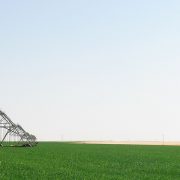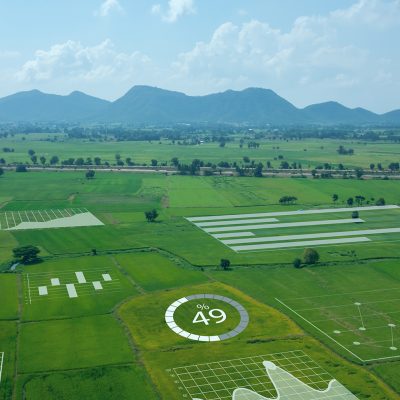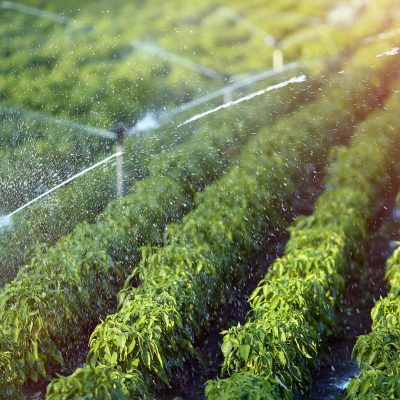By Dr. Sulaiman Rashed Al Nuaimi
CEO – Government Relation
May 21, 2021

Food is a necessity for any living individual. It is what gives us the energy to live and work. This makes having well-functioning food systems essential for a thriving economy. However, the global Covid-19 pandemic has proven the vulnerabilities and failure of our global food systems. There has been a significant increase in the numbers of starving and malnourished individuals due to the pandemic, while in some areas large amounts of food went to waste due to movement restrictions. Yet the Covid-19 pandemic is no the biggest threat to our already floundering food systems. Bigger dangers are looming as global temperatures rise, rainfall becomes less predictable and natural disasters more common.
Now more than ever global leaders are seeing a desperate need to make our food systems more efficient, resilient, healthy, sustainable, and equitable. And it is the covid-19 pandemic is giving the world a golden opportunity to rethink and restructure the way we produce, distribute and eat food to create more nourishing, resilient, and sustainable food systems that will ultimately reduce the greenhouse gas emissions global food systems are responsible for and help curb climate change.
Visionaries around the world are already trying to plan for the post-pandemic age with the #Cities are Listening program having led a dialogue on Food Systems and Climate Change to discuss strategies that need to be considered to ensure our food systems can sustainably and resiliently service our communities.




